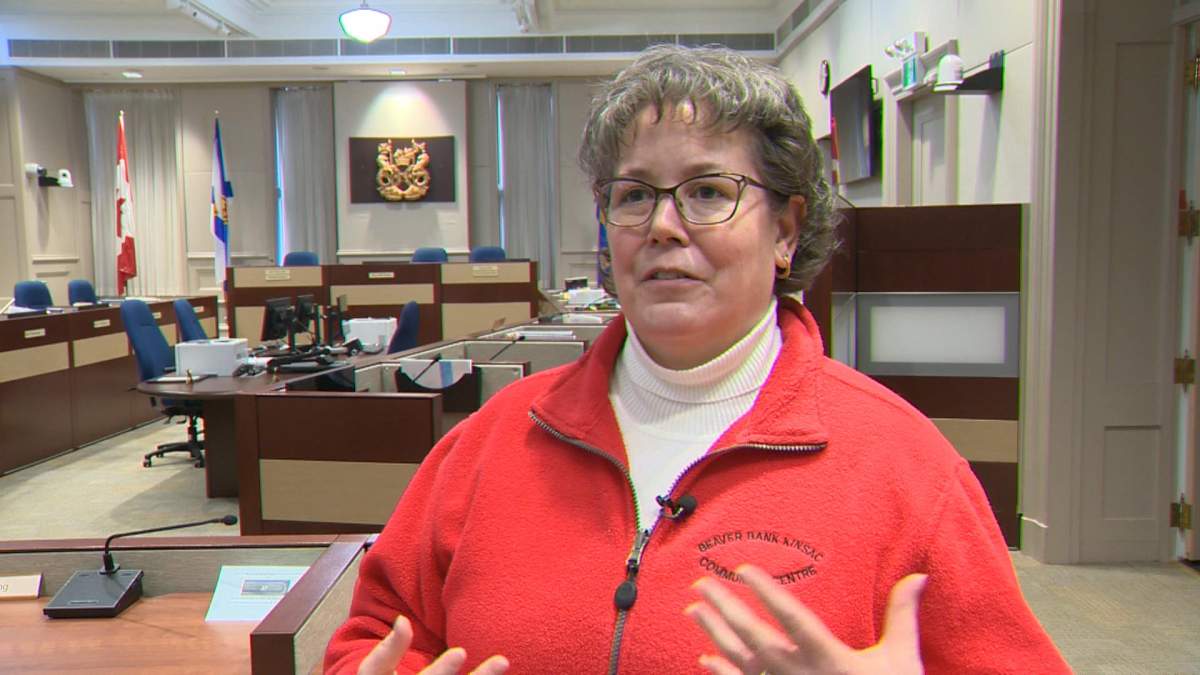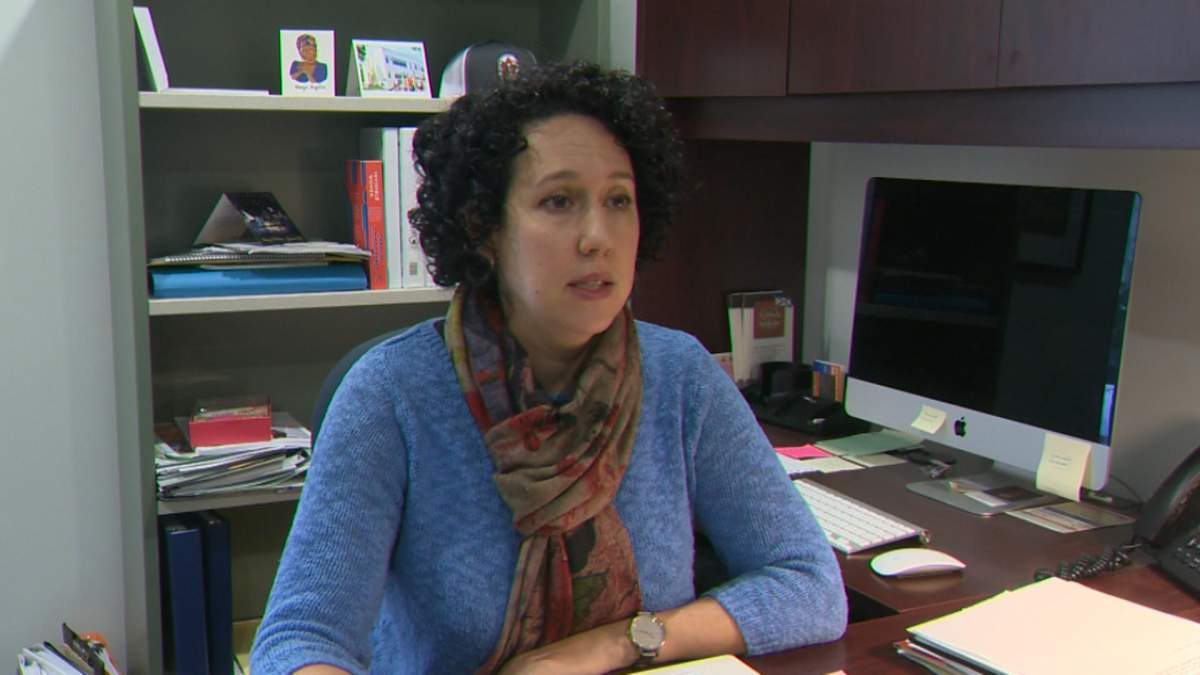The deputy mayor of Halifax, Nova Scotia’s deputy premier and the deputy prime minister of Canada are all women, but the number of females in elected positions in the Maritimes remains far lower than that of their male counterparts.

Women who have chosen a life in politics say more needs to be done to encourage others to let their voices be heard.
READ MORE: ‘It’s a human issue’: vulgar slur denounced by Nova Scotia women in politics
Of Halifax’s 17-person city council, only two are women, and only one-third of MLAs elected in the 2017 Nova Scotia General Election were female. Two of them have recently stepped down, lowering that figure even further.
Increased diversity of thinking, better focus on issues that affect women (who make up roughly half of the population) and more well-rounded decision-making are key reasons why female representation is a benefit for elected bodies.

But while the same pros are always brought up when talking about increasing those numbers, many of the same cons arise as well, when women consider moving into the political sphere.
One of those cons is heightened criticism, says Halifax city councillor and deputy mayor Lisa Blackburn.
“Comments about what they wear, how they do their hair, whether they wear makeup, those are all part of the discussion,” Blackburn said. “It shouldn’t be, but for women it is.”
“My weight is always brought into question,” explained Pam Mood, Yarmouth mayor and president of the Nova Scotia Federation of Municipalities.
“They say you have to have thick skin to become a politician and I tell people if I lose 50 pounds there’s going to be trouble because the thin skin’s going to show up.”

Get breaking National news
“[The criticism] is so ugly it causes young women to come to me and say ‘I would love to get involved but I just can’t put my family through that.'”
While work is being done to change those hesitant attitudes, Blackburn and Mood both say it won’t happen overnight.
Many of the women serving in elected office say helping to erase stigma and ultimately bring more women into politics is an important part of the job.
“I never saw myself doing this — I just sort of tripped and fell into it,” explained Blackburn. “But now that I’m here, I do have a passion for wanting to encourage as many women as possible to follow behind me.”
“We need those voices around the table.”
While those like her continue to connect and encourage on an individual level, there is a need to go beyond the person-to-person discussions, a need for a shift in how politics are viewed by society.
READ MORE: Conference celebrates 100 years of women in Nova Scotia politics
Nova Scotia’s NDP caucus bucks the trend when it comes to female representation.
Even after the resignations of Lenore Zann and Tammy Martin, they still have three female members and one male, with two female candidates slated to run in the upcoming byelections for the aforementioned departed MLAs.
Even so, they know there is more work to be done to change the public perception of politicians.
“We take the position that we need to change our systems so that everyone can participate in politics,” explained Dartmouth South MLA Claudia Chender who also serves as the NDP’s house leader.
“Parties need to get really serious about their recruitment and candidate search and ensure that they are really looking at the full spectrum of candidates.”
Chender says we’ve still got a long way to go before the number of female voices in high-ranking roles no longer lags behind.
“Women are severely underrepresented in board rooms across the country; they’re underrepresented in partnerships at law firms; they’re underrepresented in leadership positions across the board,” Chender said.
“So while attitudes have changed and our sense of how we speak about things have changed, in reality, the structures have not changed to accommodate women’s full participation in leadership.”

Making strides in having women choose to put their name on the ballot will take time. In many ways, the political system still hearkens back to a time when a career in elected office wasn’t something women were encouraged to consider; many people have long-held opinions that are not easily shifted.
In addition to fighting to change existing opinions, there is a need to educate people at a young age, before they have even formed an opinion, Mood said.
To change how people view politics overall, the path to success has to be made more accessible to everyone, and the way politicians are viewed has to be re-framed from the beginning.
“Women need to see themselves as political leaders — it’s as simple as that.”
“That means we need to rally around these women, not just those that are thinking about running for office but our young girls in elementary school, junior high and high school, and help them understand that this can be you,” Mood explained.













Comments
Want to discuss? Please read our Commenting Policy first.